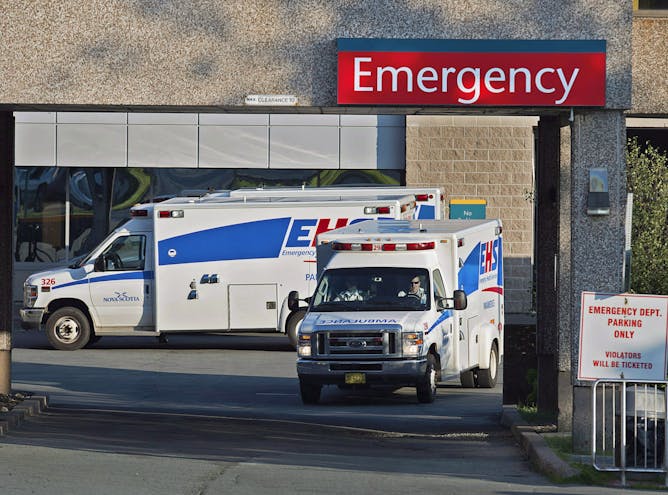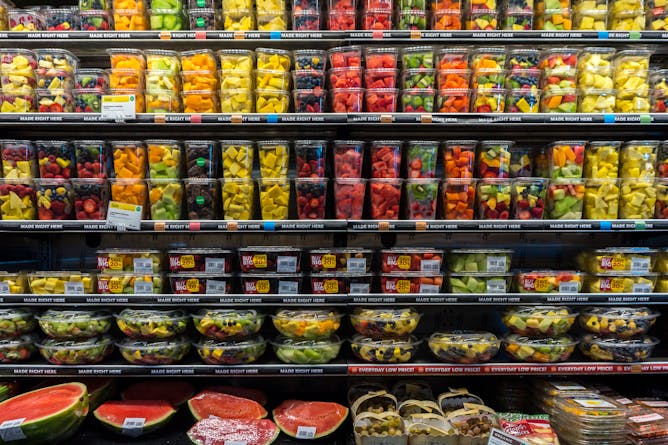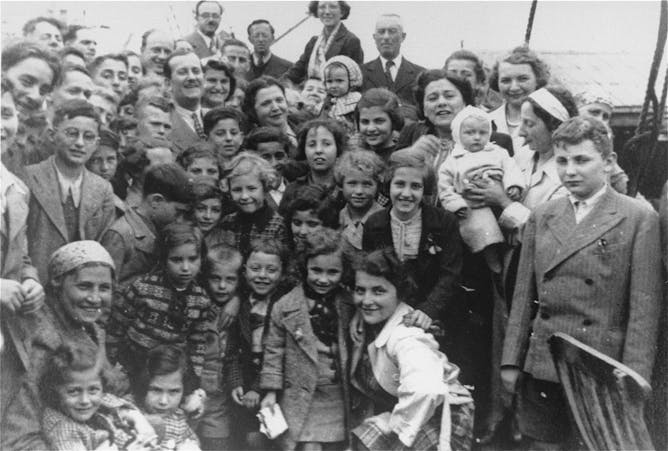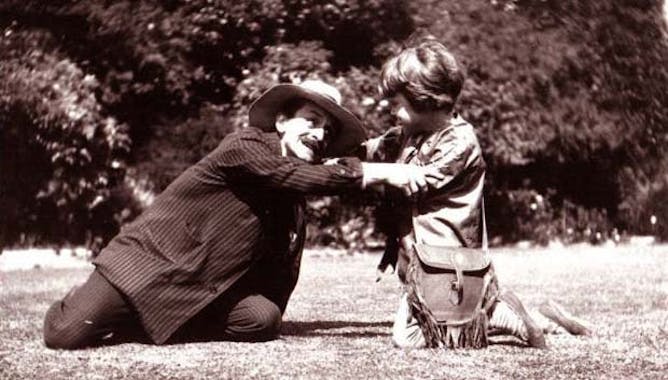|
As health editor at The Conversation Canada, the opioid crisis is always on my mind. Today, Stephen Archer and colleagues at Queen’s University offer a unique perspective on the crisis from inside Canada’s hospitals. They describe a situation of dependence, violence towards staff and patients and theft of prescription drugs that most doctors feel ill-equipped to handle.
How would you feel about eating your take-out sushi packaging? Food wraps made from milk, seaweed or other edible materials could be the way of the future, according to Sylvain Charlebois of Dalhousie University. Not only do they reduce waste, but they promise to keep food fresher too.
The economic sky is not falling because of workplace laws introduced under Ontario’s previous Liberal government, says Alison Braley-Rattai of Brock University. But a new law proposed by the Conservative government will, on the other hand, repeal basic protections for the province’s most vulnerable workers.
Finally, we have two stories that speak to the power of literature to heal the wounds of a nation. After Prime Minister Justin Trudeau apologizes today for Canada’s 1939 decision to turn away refugees fleeing the Nazis, we should look to the 2011 novel What is Left the Daughter for more on Canada’s xenophobic history, writes Jennifer Andrews of the University of New Brunswick.
And Thompson Rivers University’s George M. Johnson speaks to the capacity of British writers like Rudyard Kipling and Virginia Wolf as wounded healers – giving voice to the collective trauma of an otherwise “stiff upper lip” culture after the end of the First World War.
Five compelling reads for you to enjoy. We’ll be back in your inbox tomorrow.
|

Few medical schools offer training in addictions medicine and most doctors feel they lack the specialist expertise to deal with the inpatient opioid crisis.
(THE CANADIAN PRESS/Andrew Vaughan)
Stephen Archer, Queen's University, Ontario; Chris Smith, Queen's University, Ontario; Raistlin Majere, Queen's University, Ontario
Canadian hospitals are ill-equipped to deal with the inpatient opioid crisis. Lack of specialist addictions care puts patients and staff at risk.
|

Plastic packaging could soon be compostable or edible.
(Shutterstock)
Sylvain Charlebois, Dalhousie University
Much of the trash on Canadian shorelines can be traced to five food companies. We could soon see more compostable and edible packaging.
|

Doug Ford on the campaign trail in May 2018, promising to “open” Ontario for business. His Bill 47 does nothing of the sort.
THE CANADIAN PRESS/Tara Walton
Alison Braley-Rattai, Brock University
Ontario's Conservative government, despite its "for the people" slogan, is repealing basic protections for the province's most vulnerable workers.
|

Passengers aboard the MS St. Louis from the United States Holocaust Memorial Museum Photo Archives.
Courtesy of Dr. Liane Reif-Lehrer. Copyright of United States Holocaust Memorial Museum
Jennifer Andrews, University of New Brunswick
We can learn a lot about our past from fictional stories. In 'What is Left the Daughter,' author Howard Norman presents a cautionary tale from the Second World War of xenophobia and prejudice.
|

Men of U.S. 64th Regiment, 7th Infantry Division, celebrate the news of the Armistice, November 11, 1918.
George M. Johnson, Thompson Rivers University
Writers like Virginia Woolf, Arthur Conan Doyle and J.M. Barrie suffered personal loss during the First World War. Their grief and insight helped readers with their own post-war collective grief.
|
Health + Medicine
|
-
Robert Kirby, Keele University
Medical advances were the only positive things to come out of the Great War.
|
|
Culture + Society
|
-
Liz Bucar, Northeastern University
The de Young Museum of San Francisco recently opened an exhibit devoted to the Islamic fashion scene. Here's how Muslim women's fashions challenge popular stereotypes.
|
|
Politics
|
-
Jack Holland, University of Leeds
When the US president speaks, people listen. Trump must be held accountable for what he says.
|
|